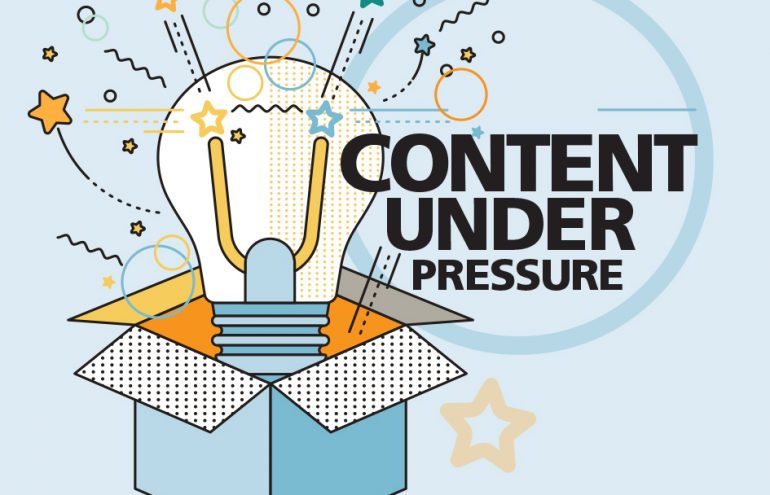Last month’s United Airlines overbooking debacle and the subsequent PR disaster and brand implosion has me thinking of the value of communicating clearly. There’s much to be critical of in United’s behavior and initial poorly worded erstwhile apology. But what struck me most was its use of the word “reaccommodate.”
As reported in Time magazine, Merriam-Webster noted that searches for “volunteer” jumped about 1,900 percent following the incident. But searches for the more rarely encountered “reaccommodate” spiked by 80,000 percent. Time speculated the word might become the Euphemism of the Year.
Stay Away From Dangerous Cliffs
For serious writers, euphemisms raise a warning equivalent to “OMG, get away from that cliff right now!” Euphemisms muddy communication, breed confusion and mistrust, and generally set off red flags.
“You keep using that word. I do not think it means what you think it means.” — Inigo Montoya in “The Princess Bride”
While exaggeration puts a sentence or paragraph in danger, an ill-considered euphemism places the whole message on a precipice. It poisons the entire text. Why? While exaggeration and hyperbole are bold, brash and passionate (and therefore potentially forgiven as an emotional outburst), the euphemism is inherently defensive and suggests deceit. We live in a “post-fact” euphemism-laden political environment, which means we need to be all the more vigilant in our own writing and phrasing.
Let Papa Keep You Safe
How to avoid these cliffs? Take a Hemingwayesque approach to your copy. Go for short sentences, clear nouns and verbs and simple construction. Multiple clauses and qualifiers in a sentence or paragraph should raise an alarm. A sentence that seems to demand a full paragraph of explanation is highly suspect.
If you are tempted to use a word that lies outside of these boundaries, consider what it means in a different context. In the United example of “reaccommodate,” think of whether you would use that word to describe killer whales trapped in the wild to be housed at aquariums or theme parks. Consider using it to describe evicted tenants, or a divorcing spouse court-ordered to move from the family home. None of these pass the “reaccommodate” smell test.
Think of how you would communicate in any long-standing and valuable relationship. Be clear, authentic, genuine and concise. These are the most dependable guardrails.
Bottom Line: Write Clearly and Plainly
If a client’s approach is obviously dangerous, don’t deem it “questionable.” Your clients deserve your direct and straightforward analysis.
Most lawyers won’t fall into this trap. All the same, don’t risk falling back on vague language to avoid angering a valued client. Don’t poke a presiding judge by employing a softer euphemism in an attempt to soften a client’s culpability. And definitely don’t use euphemism in a conversation with a partner or spouse. Keep the peace. Speak plainly and clearly.
Enough said.
Illustration ©iStockPhoto.com
Subscribe to Attorney at Work
Get really good ideas every day: Subscribe to the Daily Dispatch and Weekly Wrap (it’s free). Follow us on Twitter @attnyatwork.

















